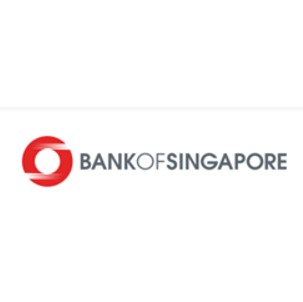Wealth Strategies
Bank Of Singapore Stays Defensive Amid Economic Headwinds

A number of negative forces, including signs of decelerating US growth and the state of its banking system, have prompted the Singapore-headquartered private bank to take a defensive stance on risk.
Bank of Singapore is taking a “defensive” stance towards risks, arguing that conditions aren’t yet set for a sustainable rally in equities and similar investments.
In fixed income, the Asia-headquartered private bank said it favours US Treasuries and developed market, investment bonds because they tend to be hedges against recession. It is also underweight developed market high-yield bonds.
As far as equities are concerned, BoS said it is neutral overall, and overweight Asia ex-Japan equities to offset its underweight position in European stocks.
“As equity markets are forward-looking, and historically bottom before the end of recessions, we would look to add exposure to our high conviction stocks that have strong cash flows and resilient margins on market weakness ahead,” the bank said.
The lender said its prediction of a weaker dollar will probably be a positive factor for emerging market equities, particularly for Asia ex Japan as its economic outlook is relatively supported by China’s economic rebound, it said.
BoS also singled out gold as an asset to keep as portfolio ballast. “We also believe that gold plays an important role in diversifying investment portfolios, particularly as a safe haven during periods of market volatility and as a hedge against inflation and debasement risks,” it said.
Explaining its cautious stance, BoS looked at data such as weakening US purchasing managers’ index figures, and the problems in the US and wider banking sector.
“This uncertain economic picture is being compounded by an increasing number of US banks pulling back on lending, which further curtails the availability of credit in the economy. Recent stress in the US banking and commercial real estate sectors illustrate that the effects of sharp rate hikes are hitting weaker players who have managed risks poorly and/or face challenging business outlooks,” it said. (It referred indirectly to the collapse of Silicon Valley Bank and Signature Bank, and the pressures on lenders such as First Republic.)
“Should [interest] rates continue to stay high, more signs of stress – possibly from new unanticipated areas – would likely emerge,” it said.